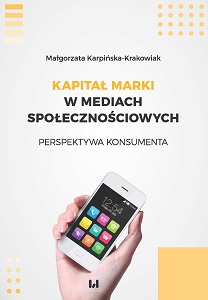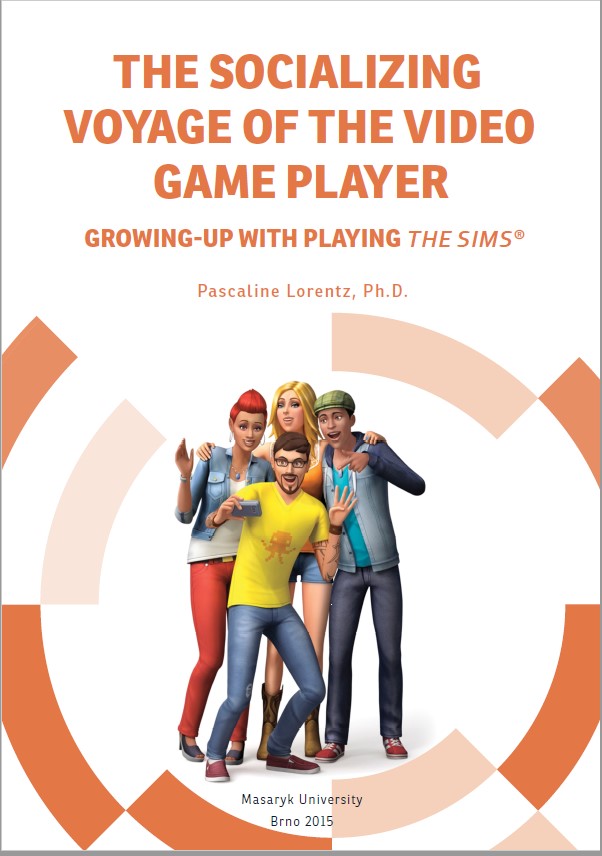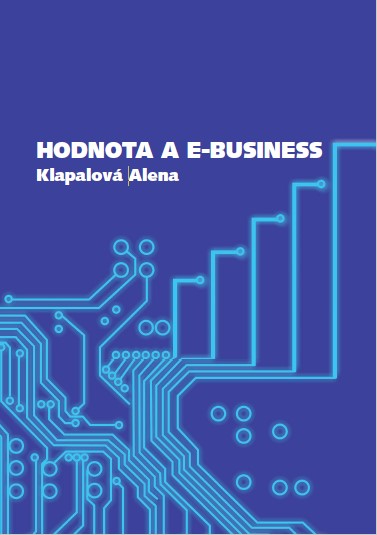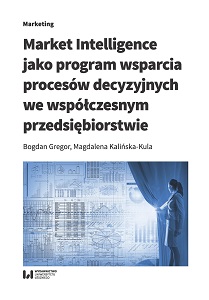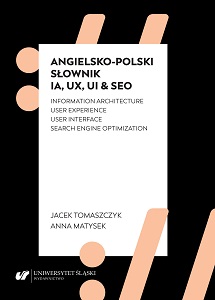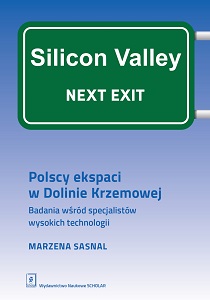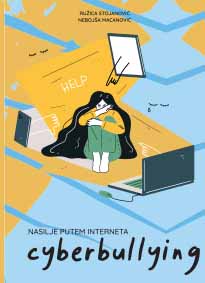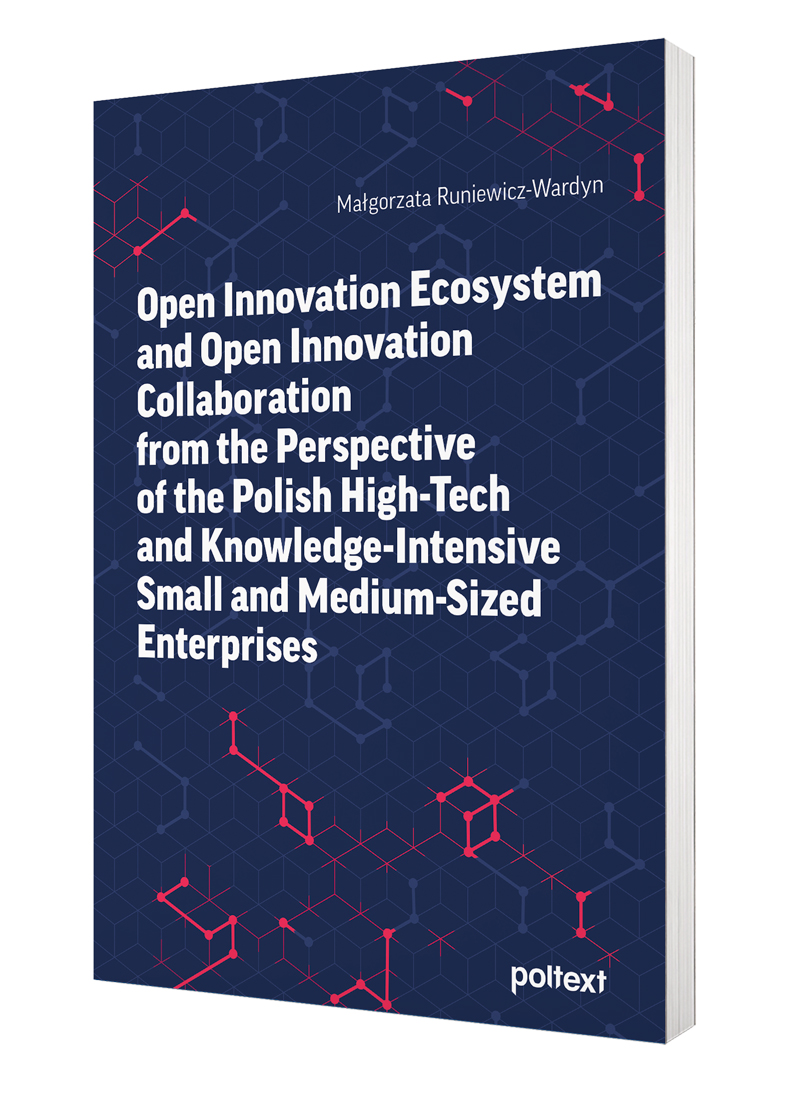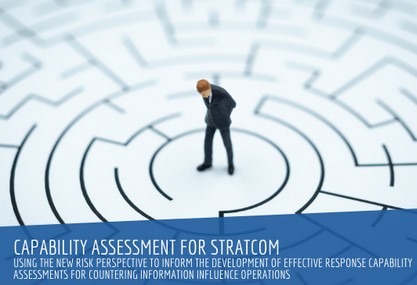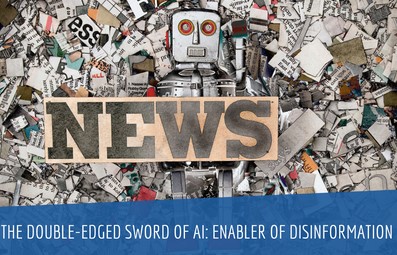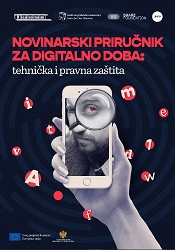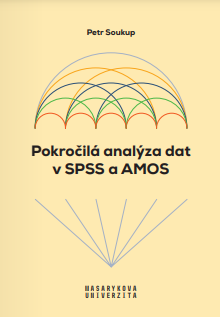Author(s): Michal Černý / Language(s): Czech
Digital competencies are a topic that is undoubtedly extremely interesting and attractive, both in terms of political declarations and in the field of scientific research or empirical practice. Exponential growth in research interest is also seen in SCOPUS. In practical terms, it can be said that the Czech environment is partially delayed in reflecting on the subject, which can be attributed to several influences. The first is the very problematic teaching of informatics at secondary schools and the absence of a clearly defined term of digital competence as one of the key capabilities. The second source, which is closely related to the school environment, is the pressure to revise the curriculum, to strengthen IT thinking. In the same time, it is possible thanks to research projects, but also developing projects (funded from the European Structural Funds) to see an effort to actively reflect not only the theme but also to build on DigComp, that the European reference framework for digital competencies. This book analyses the various themes that are associated with Digital Competence and offer their possible thought grip. In doing so, it does not follow the level of education in the sense that we would like to teach the user to work with information or perhaps to extract bitcoins. The author aims to create a specific framework of thought or domain in which individual competencies or educational activities can be considered in a broader context and depth. The text is structured into three logical partitions. Chapter European framework for digital competencies for citizens: comment on some (unspoken) starting points from the position of phenomenological philosophy is grasping theoretical issues through the eyes of phenomenological philosophy, which will be an essential interpretative tool in other parts of the text. We try to outline here the critical „cross-sections“ or the starting points of the model, which are interesting for broader theoretical considerations. The longest part of the book is divided into five large units and passes through DigComp as it was constituted. Within each competency, we offer an analysis of some critical sub-topics that we try to illustrate or combine with practical examples. We do not want to build a distant demanding phenomenological text here, but instead, we intend to show phenomena that deserve deeper reflection. That is our goal in the Czech Republic to carry out the first systematic analysis framework would, at this point like to leave aside specific questions that DigCompem itself may be associated. The first is the question of organising competency dimensions. Should it start with a work that is the beginning of every activity? Only in the creation process are the situations and needs that need to be addressed by other competencies. Or should I start solving the problem? The ability to solve the problem is probably the primary competency bundle that defines all other particular procedures and activities. Other themes are the structure of specific dimensions, which, especially in the issue of problem-solving, has an extremely unfortunate composition, which does not allow the whole framework to be used effectively in the way it would be necessary. At the same time, the question arises after the hierarchy of competencies or after their continuity. We leave these questions aside in this monograph for the above reason. However, we see them as crucial for further professional discussion. The third part offers a working translation of DigComp as a basic but also a reflective element for further research. The whole text is carried in the spirit of phenomenological reflection, as used for example by Jan Sokol in his books, i.e. on the level of thinking about how individual phenomena in the area of digital competences can be perceived, but also how to apply them in the context of the conative and cognitive. This text is probably the first systematic monograph that deals with the phenomenon of digital competence, at least in the Czech environment. At the same time, it is by no means a textbook or other purposefully published material, but a synthesising work to draw attention not only to individual phenomena but also to the relationships between them. Digital competence is an exciting bridge between information science, sociology and pedagogy. Digital competence mainly draws on information science by monitoring how information is processed, disseminated and used in an environment that is considerably different from industrial. Information science should be able to talk about this newly constituted environment concerning digital competences adequately. Obviously, sociology is taking a significant shift away from competence as an individual‘s individual qualities to something that is much more accomplished in a community, but also the fact that digital competence is a phenomenon that determines how society looks, respectively, as a subject (learning, information, knowledge, etc.) can be attributed to it. From pedagogy, there is a need for some continuous learning - whether at the individual or community level, because only through education can one be an active full-fledged member of a dynamically changing society.
More...


